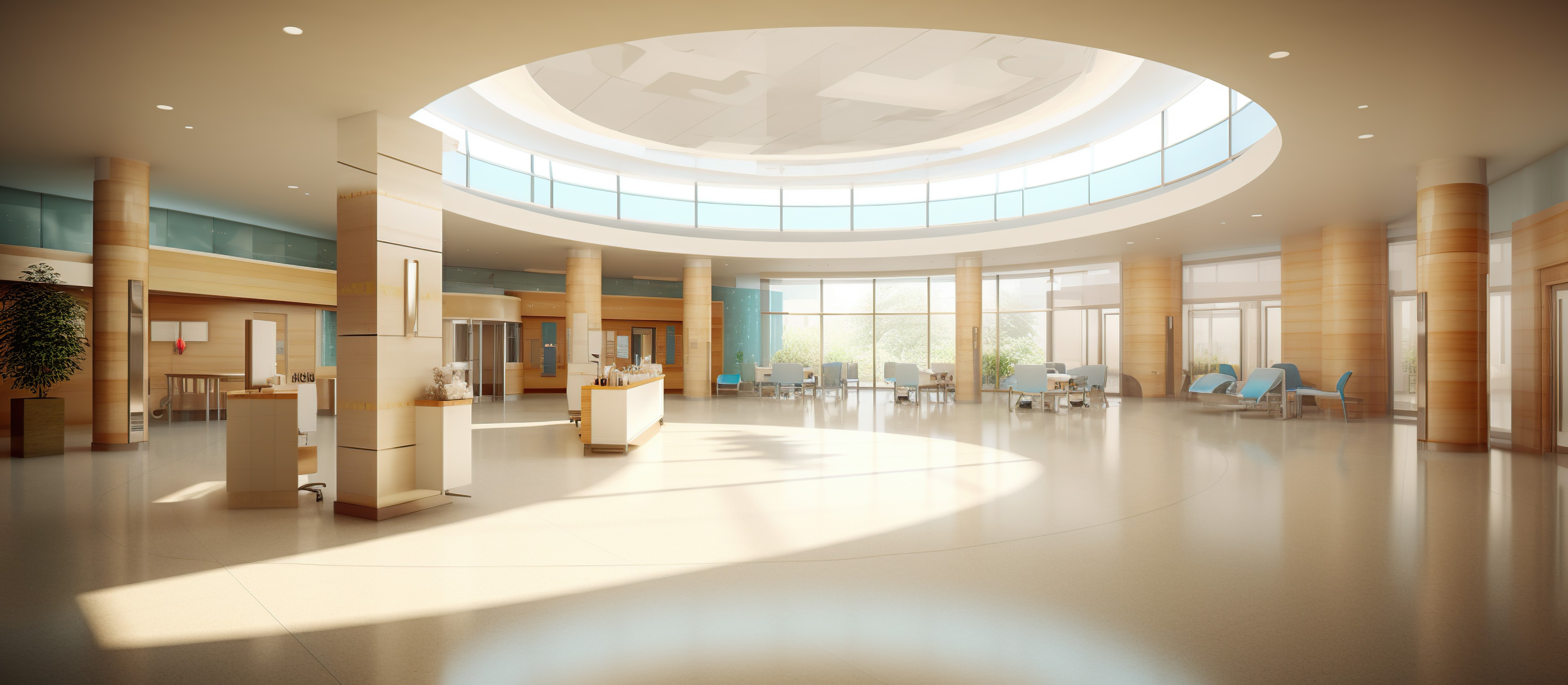People looking for medical recovery options have many choices today. Different types of treatment centers help patients recover from injuries and medical conditions. A rehab center known as a Specialized Outpatient Rehabilitation Facility (SORF) offers many services like physical therapy, occupational therapy, and speech therapy. These centers help people improve their health while living at home. This guide explains what these facilities do and how they help patients recover.
What Is a Corf?
A Specialized Outpatient Rehabilitation Facility (CORF) is a medical center that helps people recover without requiring an overnight stay. Patients come for treatment during the day and go home afterward. These centers have different types of therapy all in one place. The staff includes physical therapists, occupational therapists, and speech therapists who work together. They create treatment plans that fit each person's needs. The main goal is to help people move better, feel less pain, and get back to their normal activities. CORFs make it easier for patients to get the help they need while keeping their daily routines.
Services Offered at CORFs
CORFs provide many different types of therapy to help patients recover. Each service targets specific problems that people face after illness or injury. Here are five main services you can find at these centers:
- Physical Therapy: Exercises and treatments to help you move better and get stronger
- Occupational Therapy: Training to help with daily tasks like dressing, cooking, and working
- Speech Therapy: Help with talking, understanding, and swallowing problems
- Psychological Counseling: Support for dealing with stress, depression, and mental health
- Nutritional Counseling: Advice about eating healthy foods that help your body heal
These services work together to give patients complete care and better results.
Importance of Outpatient Rehabilitation
Outpatient rehabilitation helps people recover while staying connected to their families and communities. Patients can get treatment during the day and sleep in their own beds at night. This type of care costs less than hospital care. People can keep working or going to school while getting better. The flexible schedule lets patients come at their convenience. This approach helps people feel more normal and less stressed about their recovery. Many patients do better when they can practice new skills at home right away.
Key Features of CORFs
CORFs have special features that make them different from other treatment centers. These features help patients get better care and faster results. Here are five things that make CORFs special:
- Multidisciplinary Team Approach: Different types of therapists work together on your care
- Individualized Treatment Plans: Your treatment plan is made just for your specific needs
- Advanced Therapeutic Techniques: Modern equipment and new treatment methods are used
- Focus on Functional Improvement: The goal is to help you do everyday activities better
- Continuity of Care: Your treatment team stays with you through your whole recovery
Benefits of Choosing a CORF
Choosing a CORF gives patients many advantages over other treatment options. The biggest benefit is having all your therapies in one place with one team. This means better communication between your different therapists. Your treatment plan gets updated quickly when you make progress. The team approach means someone is always looking at your complete picture, not just one part of your recovery. Patients also save time and energy by not traveling to different locations for different treatments. The coordinated care often leads to faster recovery and better long-term results.
Types of Therapies Provided
CORFs offer a range of therapies to meet each patient's needs. The variety of treatments means most people can find help for their specific problems. Here are five common therapies available:
- Physical Therapy: Helps improve how you move, walk, and use your body
- Occupational Therapy: Teaches skills for work, home, and daily activities
- Speech Therapy: Helps with talking, understanding words, and swallowing
- Aquatic Therapy: Uses water exercises to reduce pain and improve movement
- Psychological Therapy: Provides emotional support and mental health counseling
Each therapy is adjusted to match what each patient needs most for their recovery.
Other Related Posts:













